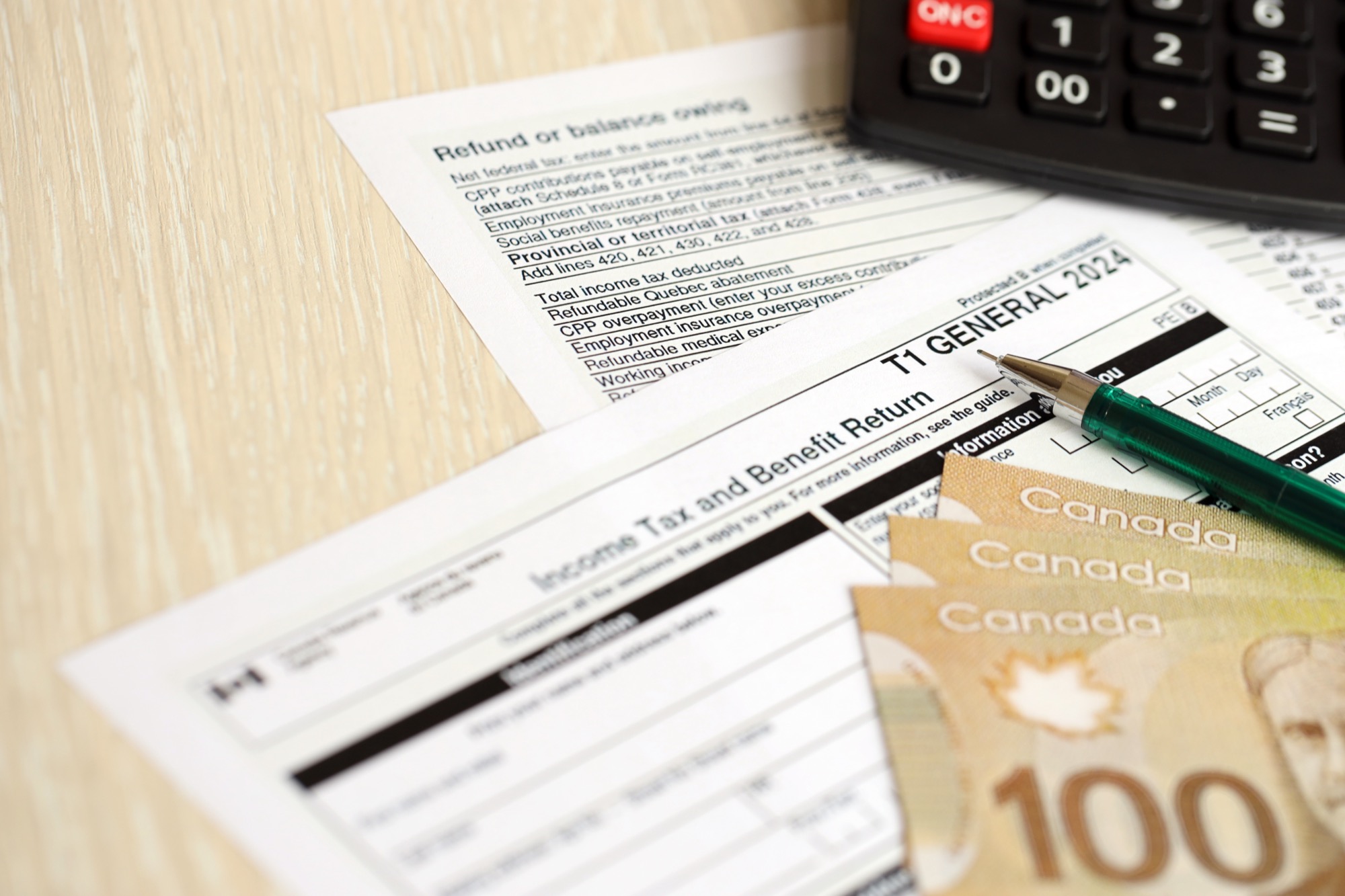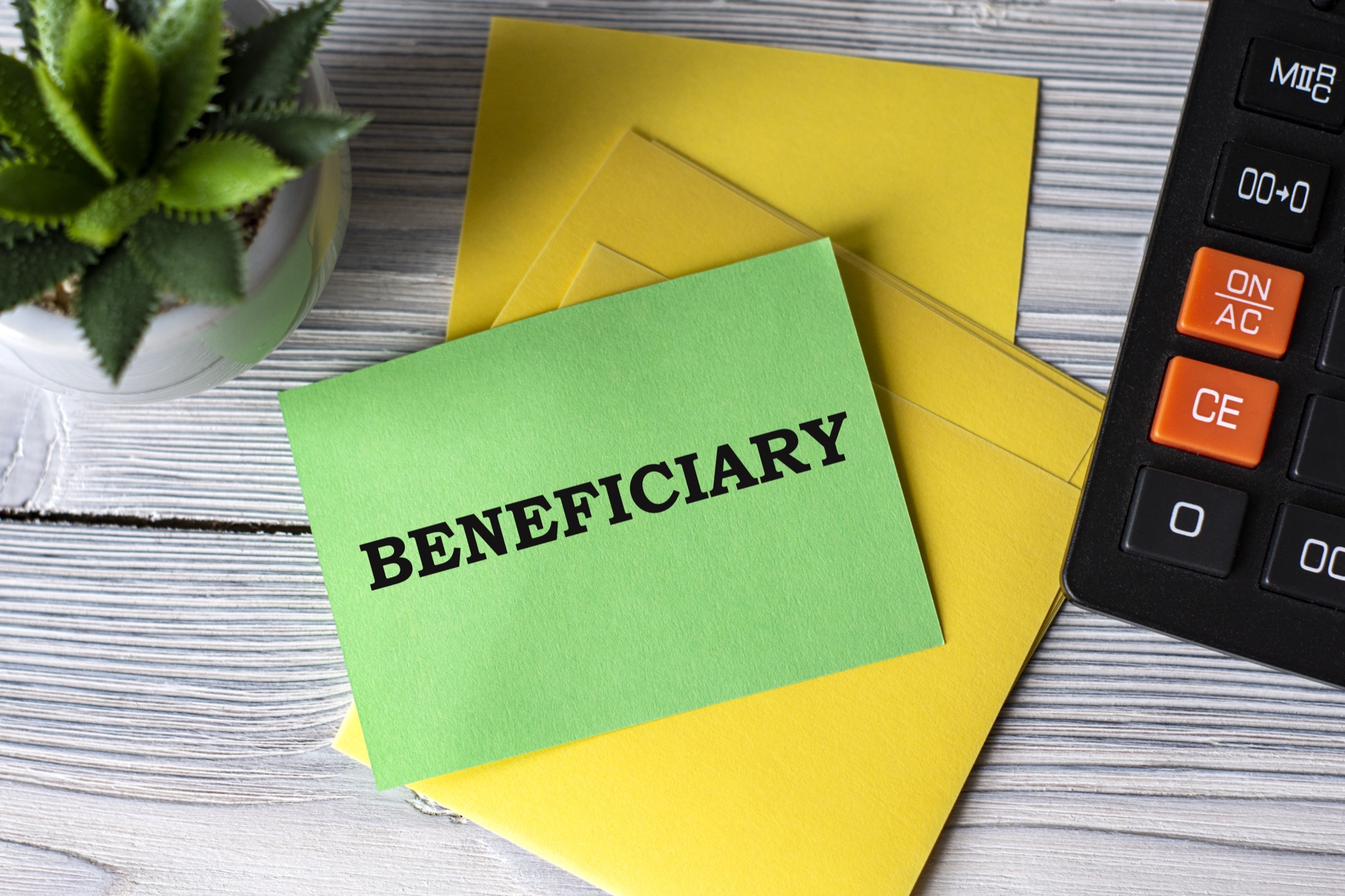-

What Is Permanent Life Insurance
Read more »: What Is Permanent Life InsuranceInsured Retirement Plans (IRPs) allow you to have your cake and eat it too. In the article, we’ll be exploring what IRPs are, how they work, plus the pros and cons of getting one. Finally, we’ll tell you what kind of individual is best suited for this strategy. Insurance can be complicated. So, before we…
-

Velocity Banking
Read more »: Velocity BankingGetting out of debt can be a trying experience. Canadians have been accumulating debt at lightning speeds, and it makes sense that we would look for ways to get out of debt just as fast. Head over to the internet and search for the Hail Mary solutions late at night. Something to help…
-

The Insured Retirement Planning Guide
Read more »: The Insured Retirement Planning GuideInsured retirement plan (IRPs) Insured Retirement Plans (IRPs) allow you to have your cake and eat it too. In the article, we’ll be exploring what IRPs are, how they work, plus the pros and cons of getting one.
-

Retirement Planning Guide for Canadians
Read more »: Retirement Planning Guide for CanadiansInsured retirement plan (IRPs) Insured Retirement Plans (IRPs) allow you to have your cake and eat it too. In the article, we’ll be exploring what IRPs are, how they work, plus the pros and cons of getting one.
-

Becoming Your Own Banker Training
Read more »: Becoming Your Own Banker TrainingBecoming Your Own Banker is a financial strategy focused on your benefits not the banks benefits. A way to grow your future financial success and the potential of a dividend-paying life insurance. It’s neither a sales nor a marketing tool for whole life insurance brokers.
-

Risk management
Read more »: Risk managementOne of the fundamental pillars of risk management is investment diversification. Prudent Advisors recommend their Clients strategically spread investments across a range of assets, such as stocks, bonds, and real estate, reducing exposure to the volatility of any single investment. This diversification approach aims to optimize returns while minimizing the impact of market fluctuations, aligning…
-

Insurable interest
Read more »: Insurable interestWhat is Insurable interest? The term “insurable interest” is used to describe the legal and financial interests of a person or company in an insurance policy. It means, in simple terms, that the person or entity buying the insurance has a stake in protecting the insured property or person. The stake is to ensure that…
-

Inheritance tax with Ascendant Financial
Read more »: Inheritance tax with Ascendant FinancialWhat is Inheritance tax? The term Inheritance Tax (IHT), stands for an amount that’s payable by a person who has received assets upon another individual’s death. The asset range includes cash, real estate properties, business shares among others. This emphasizes how important it is to understand optimal inheritance tax literature takes into account these factors…
-

What is Corporate tax?
Read more »: What is Corporate tax?Corporate tax, or the corporate income tax, is a tax that is levied on profits or incomes generated by businesses or corporations. Corporate taxes can be levied on income produced from the business activities and income produced on property such as investments. The government imposes a direct income tax on companies’ earnings, usually based on…
-

What Are The Financial Risks of Having Only One Primary Beneficiary?
Read more »: What Are The Financial Risks of Having Only One Primary Beneficiary?Why Do I Need A Primary Beneficiary? When you have a life insurance policy, you may be concerned with dividing up the benefit amount and who will take responsibility for your children or other dependents after your death. Additionally, there will be many obligations that need to be dealt with when you pass away. Therefore,…
-

What is Liability?
Read more »: What is Liability?Understanding liabilities isn’t just about balancing your books — it’s about protecting your income, your family, and your future. From debts like loans and credit cards to the often-overlooked final tax liability, knowing how to manage and plan for these obligations is critical. Learn how life insurance and proper financial planning can provide peace of…
-

How Can Termination of Employment Affect Your Group RRSP?
Read more »: How Can Termination of Employment Affect Your Group RRSP?From losing employer matching to understanding transfer and withdrawal options, this article helps Canadians navigate their RRSPs post-employment—and why now might be the perfect time to take back control of your retirement strategy.












